
Île Renote
Trégastel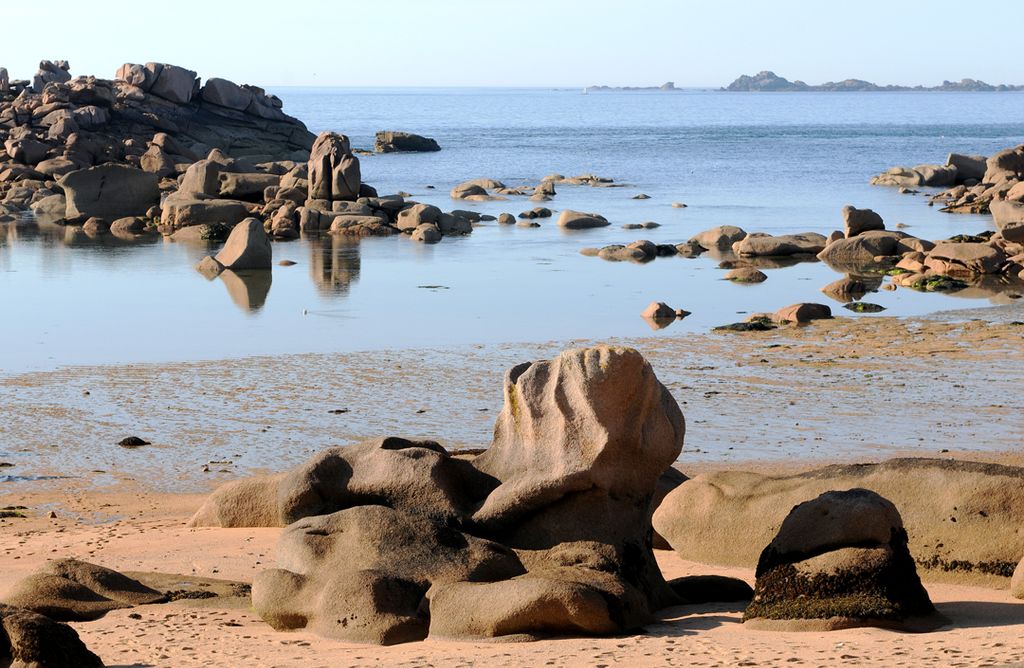
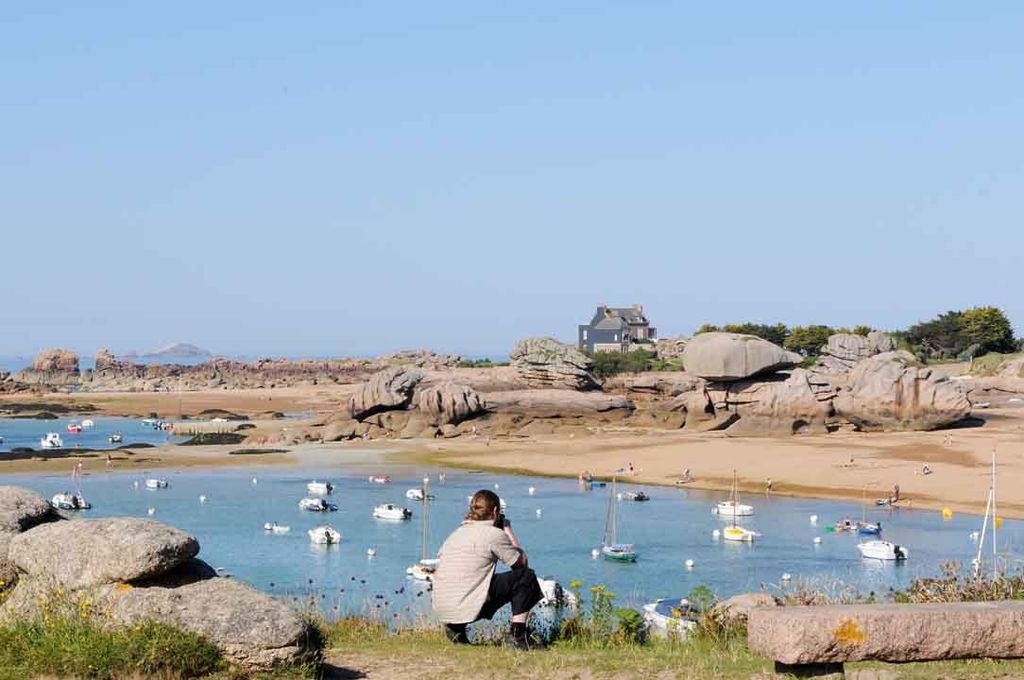
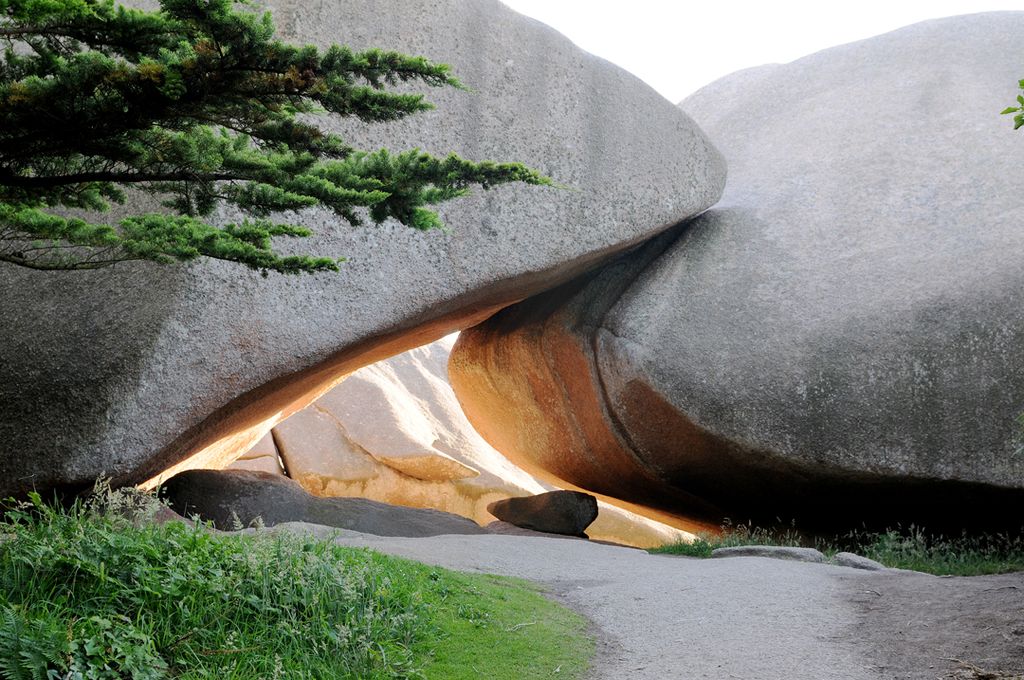
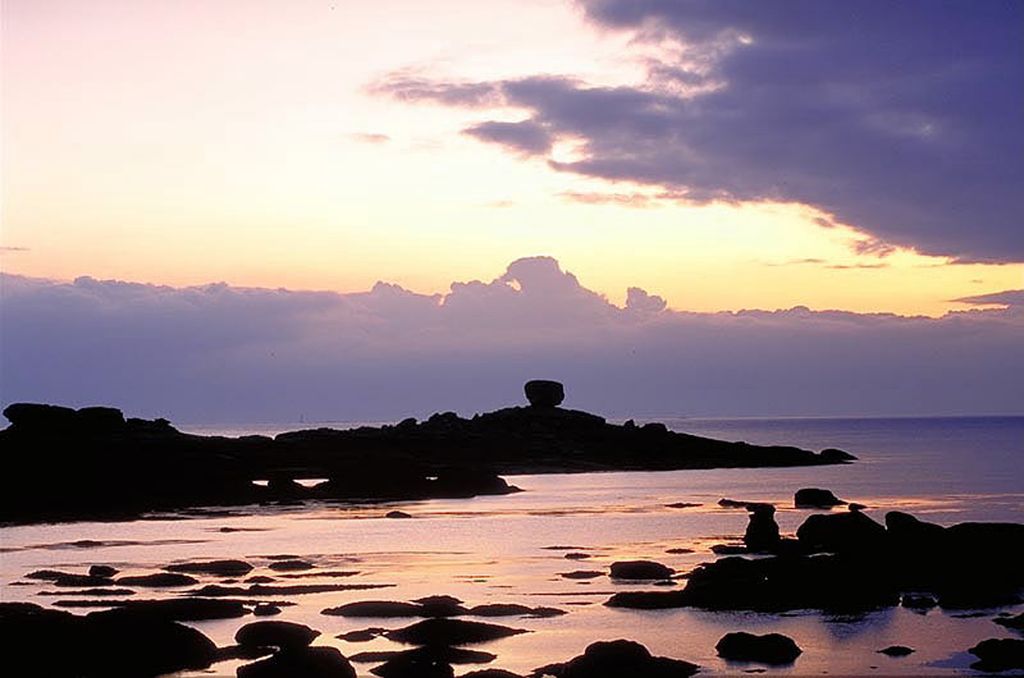
About
Formerly an island, Île Renote was joined to the mainland in 1895 by construction of a road, forming a peninsula. It has an exceptional geological and human history. Inhabited for 5,000 years, it has remarkable chaotic granite rock formations which form a unique natural landscape. Shaped by the sea, sculpted by the salt spray, the top of the rocky clusters is in places is studded with depressions (or crevices) nicknamed "bidets de la vierge" (the Virgin's bidets) or "empreintes du diable" (the devil's footprints). You can also see the rock known locally as "La palette du peintre" (the Painter's Palette). Be careful not to venture onto the neighbouring islands without checking the tide times. The currents in the area are extremely dangerous.
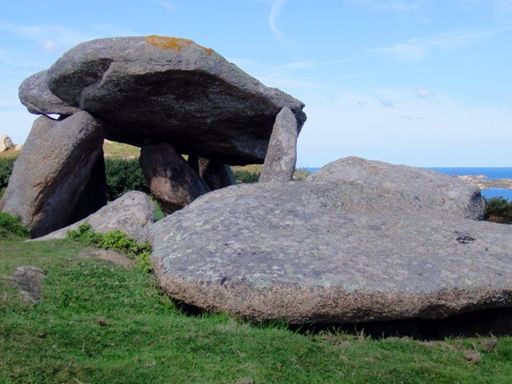

Île Milliau
Trébeurden
With its remarkable pink granite rock formations and darker sedimentary rocks, Île Milliau offers a landscape which takes your breath away. As well as enjoying the site's natural beauty, you can...  See
See
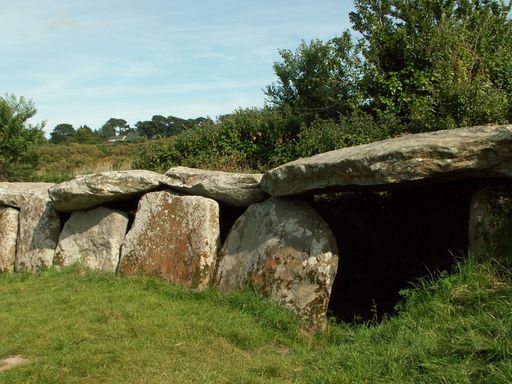

Kerguntuil
Trégastel
Dating from before 2,000 B.C., the megaliths of Kerguntuil are the impressive remnants of the structures built by Neolithic man. These immense monuments of assembled stones (the gallery grave is 9...  See
See
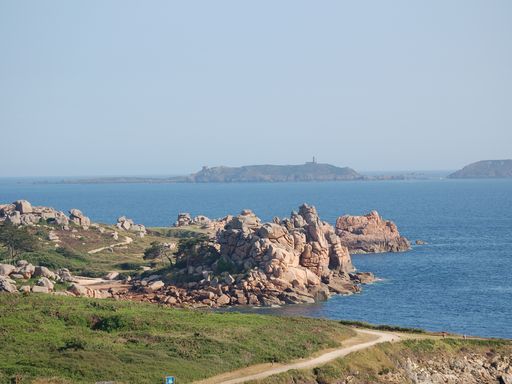

Turquet de Beauregard viewpoint
Perros-Guirec
If you visit this spot at low tide, you will be able to see two types of rocks juxtaposed. The gneiss of Trébeurden is the older rock as it goes back more than two billion years. It is recognisable...  See
See
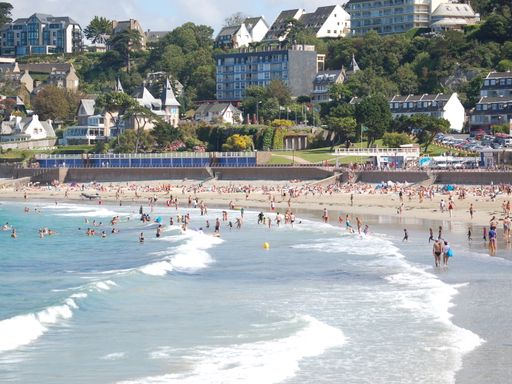

Trestraou beach
Perros-Guirec
The bay of Trestraou was at the root of the development of tourism in Perros-Guirec. In the nineteenth century, swimming in the sea was recognised for its curative qualities and became fashionable....  See
See



